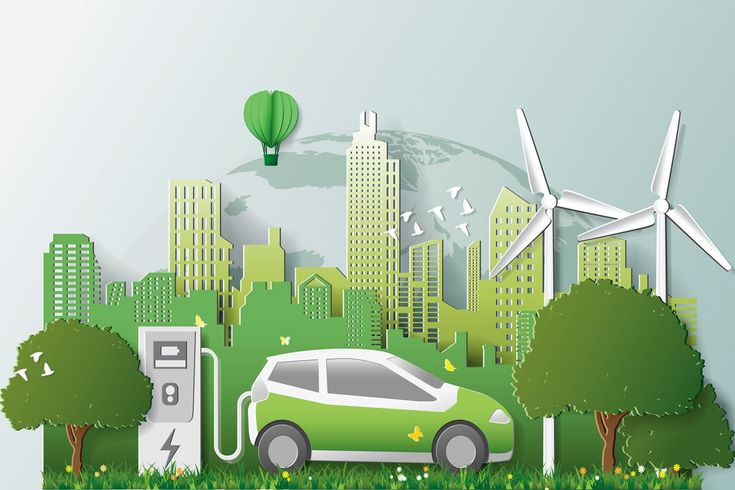Hybrid electric vehicles (HEVs) have emerged as a key bridge between conventional gasoline-powered cars and fully electric vehicles. Their ability to reduce fuel consumption and emissions while maintaining range and performance has made them a popular choice for both manufacturers and consumers. However, for companies interested in manufacturing HEVs, one important question arises: Do hybrid electric vehicles require patents to manufacture?
Understanding Patents in the Automotive Industry
Patents are legal protections granted to inventors for their unique innovations, giving them exclusive rights to produce, use, and sell their inventions for a set period—usually 20 years. In the automotive industry, patents cover a wide range of components and technologies, such as:
-
Battery management systems
-
Electric motor designs
-
Regenerative braking systems
-
Hybrid powertrain configurations
-
Charging infrastructure
Since HEVs integrate both electric and internal combustion technologies, they often use multiple patented components or methods.
Do You Always Need Patents to Manufacture HEVs?
Strictly speaking, you do not need to own patents yourself to manufacture hybrid electric vehicles. However, you must avoid infringing on patents owned by other companies. This means:
-
If the technology you plan to use is already patented by another manufacturer, you must seek a license or develop an alternative, non-infringing design.
-
If you develop your own original technology, you can apply for patents to protect it, but it is not a mandatory requirement unless you want exclusivity.
Key Areas Where Patents Matter in HEVs
-
Battery Technology – Companies like Toyota, Panasonic, and LG Energy Solution hold numerous patents on lithium-ion, nickel-metal hydride, and solid-state battery designs.
-
Powertrain Systems – The integration of internal combustion engines with electric motors involves patented designs for efficiency and control.
-
Energy Recovery Systems – Regenerative braking and energy recapture methods are often patented innovations.
-
Control Software – The algorithms that manage energy flow between the engine, motor, and battery can also be protected under patents.
How Manufacturers Navigate Patents
-
Licensing Agreements – Pay royalties to use patented technology.
-
Joint Ventures – Partner with companies that already hold patents to share technology.
-
Reverse Engineering and Innovation – Develop alternative solutions that avoid infringement.
-
Patent Expiration – Use older technologies whose patents have expired, making them public domain.
Why Patenting Your Own HEV Technology is Beneficial
While not mandatory, owning patents offers:
-
Competitive Advantage – Prevents competitors from copying your innovations.
-
Revenue Opportunities – Licensing your patents can create an additional income stream.
-
Market Positioning – Being recognized as a technology leader builds brand trust.
Final Thoughts
Manufacturing hybrid electric vehicles does not automatically require patents, but it does require careful patent awareness. You must ensure that your designs and components do not infringe on existing patents. At the same time, developing and patenting your own unique innovations can protect your business and give you a competitive edge. In the fast-evolving HEV industry, a smart patent strategy is often just as important as engineering expertise.

